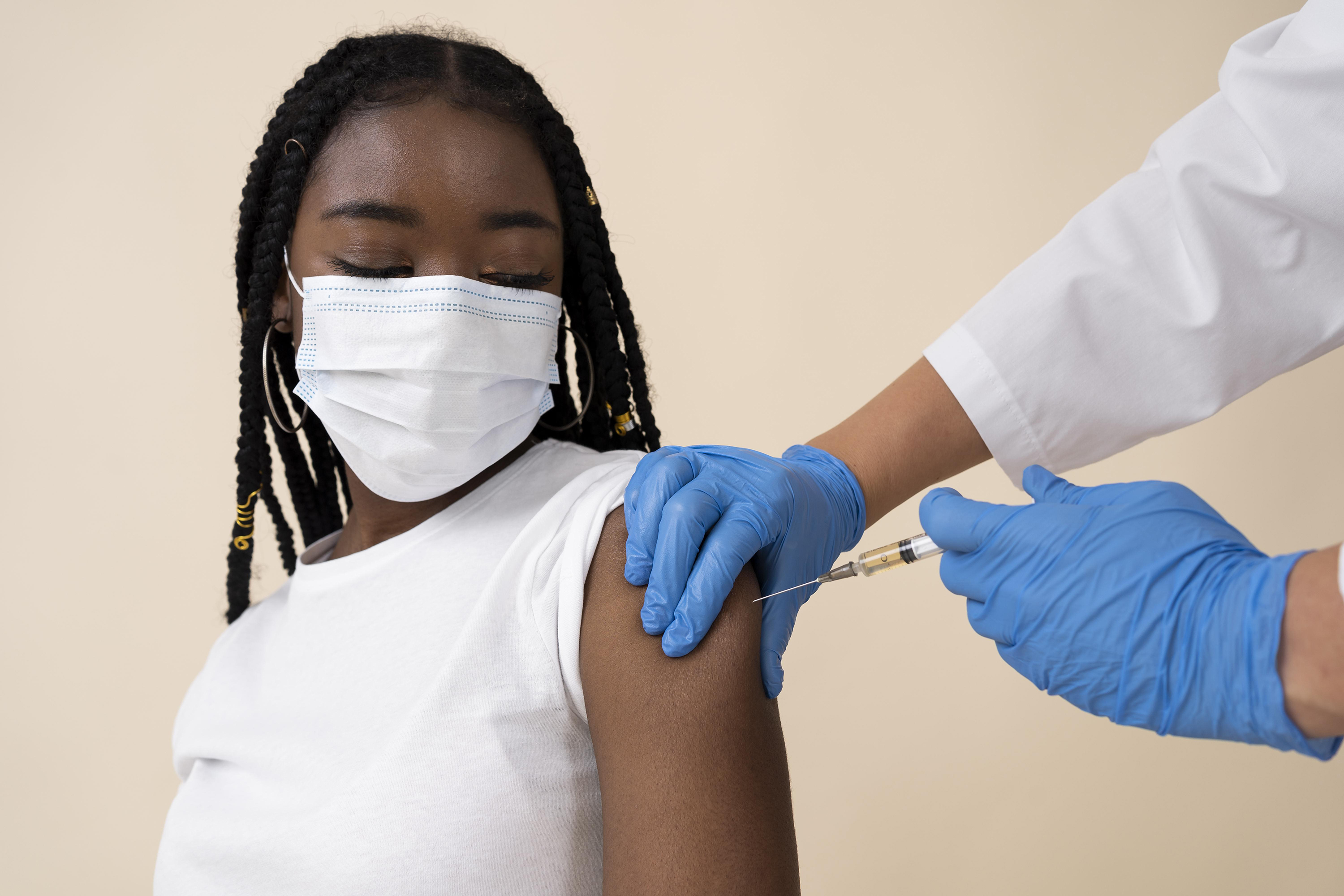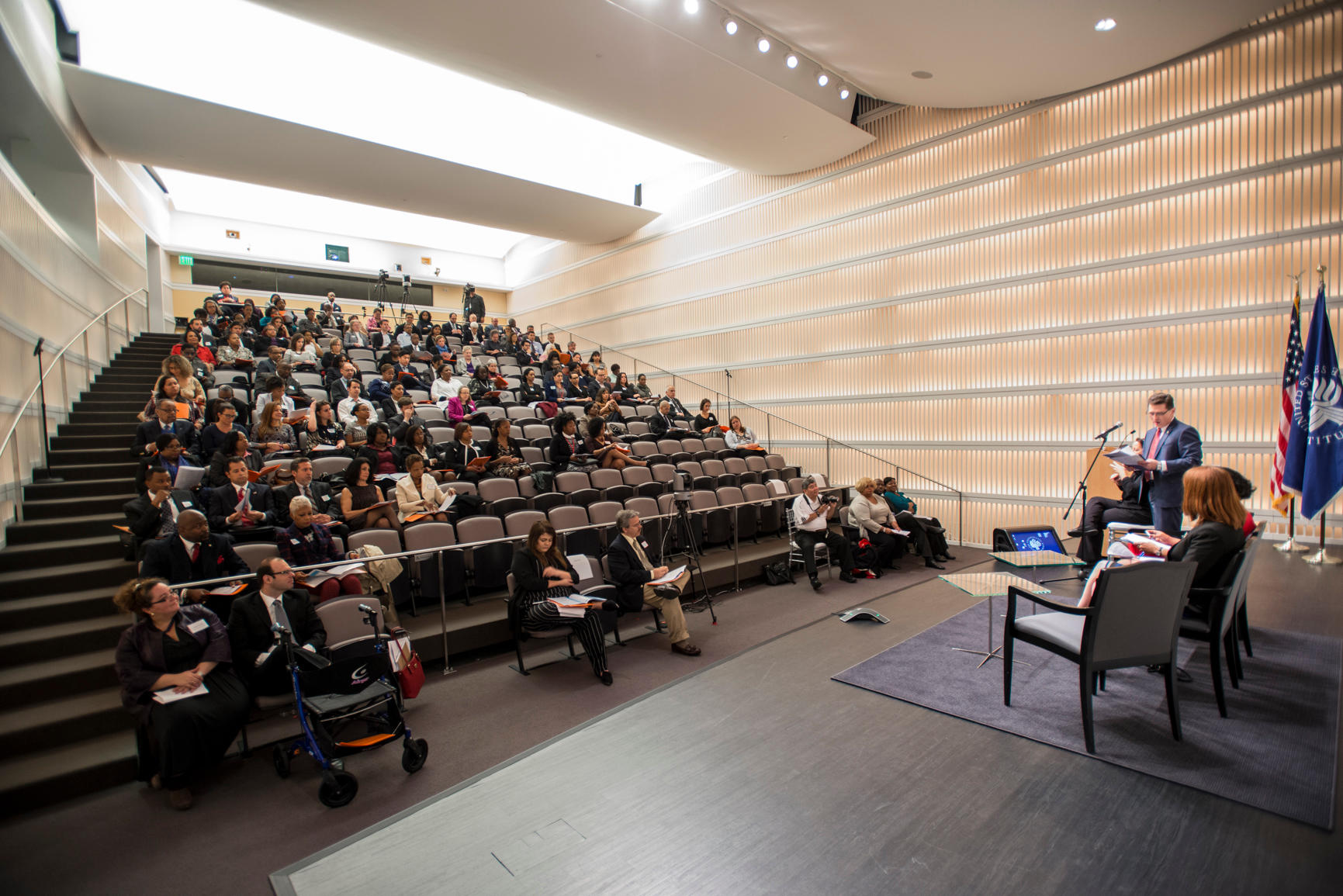Culturally Responsive Vaccination Communication Skills and Techniques

Problem
Providers play a pivotal role in sharing vaccine information and influencing decision-making and behaviors.
Adult immunization rates in the United States were suboptimal prior to 2020 and decreased further during the COVID-19 pandemic, with persistent and widening racial and ethnic disparities in some cases. Eliminating vaccine disparities requires a focus on health equity and cultural responsiveness in provider-patient interactions.
Solution
Advancing CDC’s strategy to improve vaccine equity and confidence with a rigorously evaluated intervention.
This project is using newly-collected and existing qualitative data to design, pilot-test, and evaluate an intervention to strengthen providers’ skills to communicate more effectively with Black adult patients about influenza and COVID-19 vaccines not only to increase adult vaccination uptake and reduce racial and ethnic disparities, but also to reduce perceived bias, foster a respectful care environment, and encourage positive attitudes towards preventive services more broadly.
NORC is leading a consortium of partners from Meharry Medical College, Center for Health Policy, the National Center for Primary Care at Morehouse School of Medicine, and the University of Illinois Chicago School of Public Health, all of which have deep expertise in culturally responsive research and patient-centered care and long histories of providing healthcare to racial and ethnic minority groups.
Result
Findings of the pilot will inform wider dissemination of tested methods for improving vaccine equity.
NORC and our partners will be conducting focus groups with Black adults and with providers serving Black adults. These data will inform the design and implementation of a provider-focused intervention in at least three different U.S. states.
A mixed-methods process and outcome evaluation of the intervention will assess the intervention’s effectiveness in increasing immunization uptake, as well as to influencing provider and patient attitudes, beliefs, and behavioral intentions towards vaccination.
Results will be documented in an intervention implementation guide and final report .
Related Tags
Project Leads
-
Roy Ahn
Vice PresidentProject Director -
Sabrina Avripas
Senior Research DirectorProject Manager -
Ashani Johnson-Turbes
Vice PresidentHealth Equity Advisor









